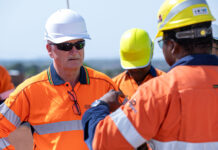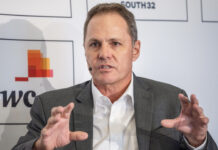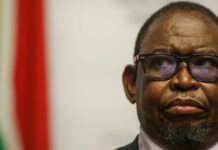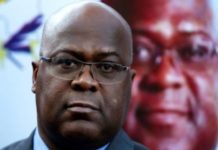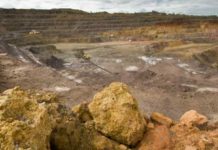
[miningmx.com] — BHP Billiton, the world’s largest mining group, told parliament on Wednesday the company was committed to South Africa and that its ongoing investment in the country was proof of that.
Addressing parliament’s mining portfolio committee, BHP Billiton executive manager Ravi Moodley said that in spite of infrastructure constraints in the Kalahari, the company was planning to invest R1.5bn in the Wessels manganese expansion project.
The group was also building a new smelter.
“We are spending $100m on a new smelter in a country that is electricity constrained,’ Moodley said. “We have already started construction on this and that goes a long way to prove our commitment.’
Aside from those two major projects, would also invest R800m in the Hotazel town development project. A further R715m would be invested in the M14 Furnace Project in Gauteng.
The company had recently completed other significant projects, including the R6.8bn Douglas mine optimisation as well as R600m on a new coal mine in Klipspruit.
It “is sufficient to indicate to general public and shareholders that we are very much here to stay’, said Moodley.
MPs, however, said they were not convinced that this investment was generating enough benefits for communities around mines. Chairman of the mining portfolio committee, Fred Gona (ANC MP), questioned BHP Billiton’s assertion that it has already met the 2014 black empowerment target of 26%, as required by the Mining Charter.
Gona said it was not enough for a company to say it was exceeding empowerment targets without giving exact detail of the debt involved in each such transaction.
Moodley told the committee that the empowerment transactions were structured in a way that did not encumber BEE partners onerously. For example, BEE partners were often given equity based on land they brought to the deal. BHP Billiton, he said, also provided finance for deals where necessary.
“Transformation is a way of doing business in BHP Billiton,’ said Moodley.
Gona told Miningmx the committee wanted details about how much of the 26% ownership was arrived at through deals structured around land.
“They tell us about in-house funding but we want to know how this is different to the banks,’ said Gona. “How percentage interest is being charged? How long-term is long-term when they refer to payback times?
“These (hearings) are a very important and serious process. We (MPs) need to be seen to be acting and providing opportunities and space for communities to benefit,’ said Gona.
He said communities felt government was not acting fast enough and were, therefore, starting to “take their own initiatives’ to secure benefit from the country’s mineral wealth.


